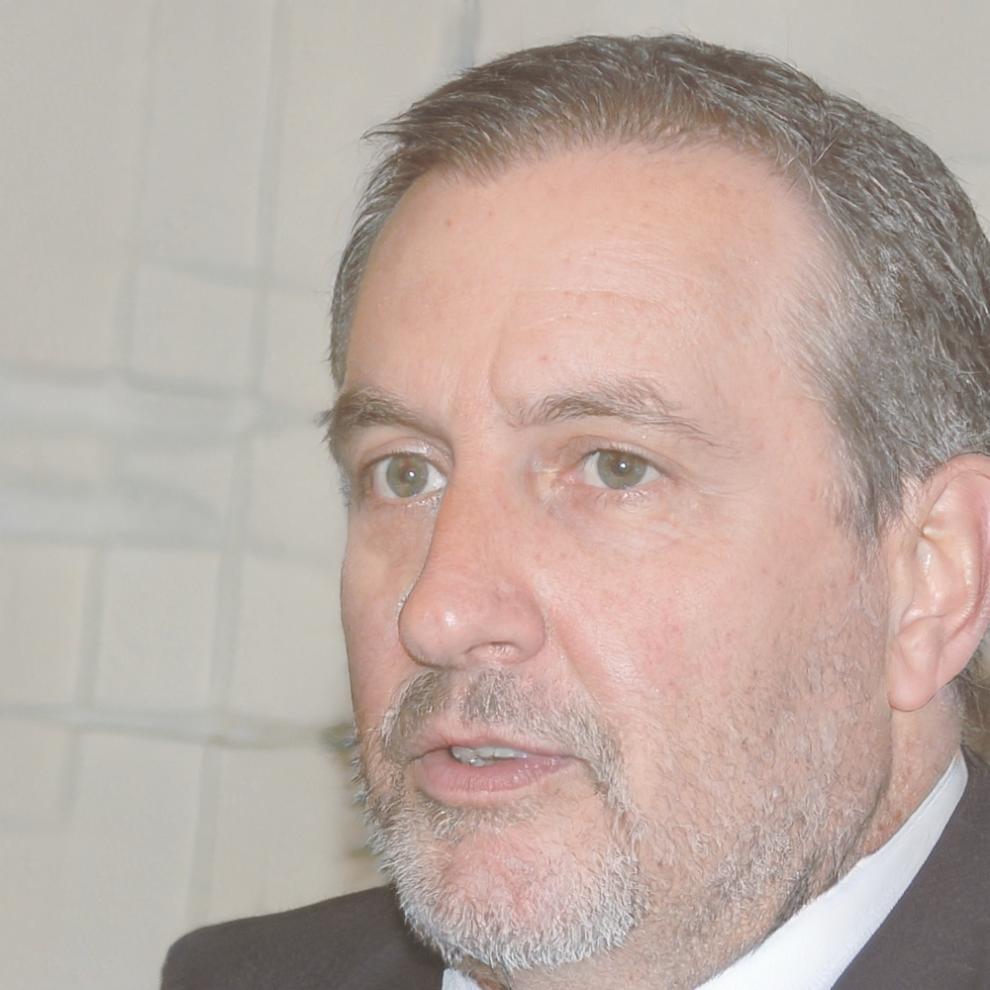Finance Skills That Actually Matter in Boardrooms
Most finance professionals speak numbers. But the ones who advance? They speak people. Our 9-month programme bridges that gap between technical expertise and the communication skills that get you listened to when it counts.
View Programme Details
Three Stages, One Clear Direction
We built this around the actual progression you'll need. Not theory. Real communication scenarios finance leaders face.
Foundation Phase
September - November 2025
You'll work on translating financial concepts for non-finance stakeholders. Think budget presentations that don't lose people in the first slide.
- Stakeholder mapping exercises
- Plain-language financial reporting
- Executive summary construction
Development Phase
December 2025 - March 2026
Here's where you practice difficult conversations. Budget cuts. Project rejections. Forecast discrepancies. The stuff that matters.
- Conflict resolution frameworks
- Persuasive data storytelling
- Cross-department negotiation
Mastery Phase
April - May 2026
You'll present to actual business leaders. Build cases for strategic initiatives. Lead financial discussions with confidence.
- Board-level presentations
- Strategic influence tactics
- Executive communication polish
What You'll Actually Learn
We skip the filler. Every module focuses on situations you'll encounter within months of starting. And yeah, there's homework—but it's based on your actual workplace scenarios.
Months 1-3: Building Your Voice
Start with the basics most programmes ignore: how to explain variance analysis to marketing teams, or why EBITDA matters to operations. You'll record yourself, get feedback, then do it again until it sounds natural.
Months 4-6: Handling Pushback
When department heads want budget increases and you've got constraints—what do you say? We run simulations with professional actors playing difficult stakeholders. Because reading about it doesn't prepare you.
Months 7-9: Leading the Room
You present financial strategies to guest executives from various industries. Real people with real questions. Some will challenge your assumptions. That's the point.
Programme Investment
Both options include the same curriculum, mentorship access, and presentation opportunities. Choose what fits your schedule.
Standard Track
- 24 live workshop sessions
- Monthly one-to-one mentorship
- Access to recorded materials
- Peer feedback groups
- Final presentation assessment
Extended Track
- 24 live workshop sessions at slower pace
- Bi-weekly one-to-one mentorship
- Extended access to materials (18 months)
- Additional presentation opportunities
- Executive coaching session included
Do I need specific software experience?
No. We focus on communication, not Excel tutorials. If you work with financial data already, you're qualified. The technical part isn't the challenge here.
What if I miss a session?
Everything's recorded. You can catch up within 48 hours. But the live participation is where the learning happens—the recordings are backup, not the main event.
Is there a certification?
You get a completion certificate. But honestly, the skill improvement matters more than a piece of paper. Your next presentation to senior leadership will be the real proof.
Can my employer sponsor this?
Many do. We provide invoices and a detailed curriculum outline for L&D departments. About 60% of our participants get at least partial sponsorship.
What's the time commitment?
Two hours weekly for live sessions, plus 3-4 hours for assignments. It's manageable if you're working full-time—most participants are.
How Learning Happens Here
We focus on practical application. You'll spend more time practicing presentations than listening to lectures about communication theory.



From Previous Participants
Three months after finishing, I led my first board presentation on capital allocation. My FD said it was the clearest financial case she'd heard from our team. That wouldn't have happened without this programme pushing me to simplify without dumbing down.
I used to dread quarterly reviews because I knew my explanations would confuse people. Now I actually look forward to them. The difference is I finally understand what non-finance people need to hear versus what I want to tell them.

